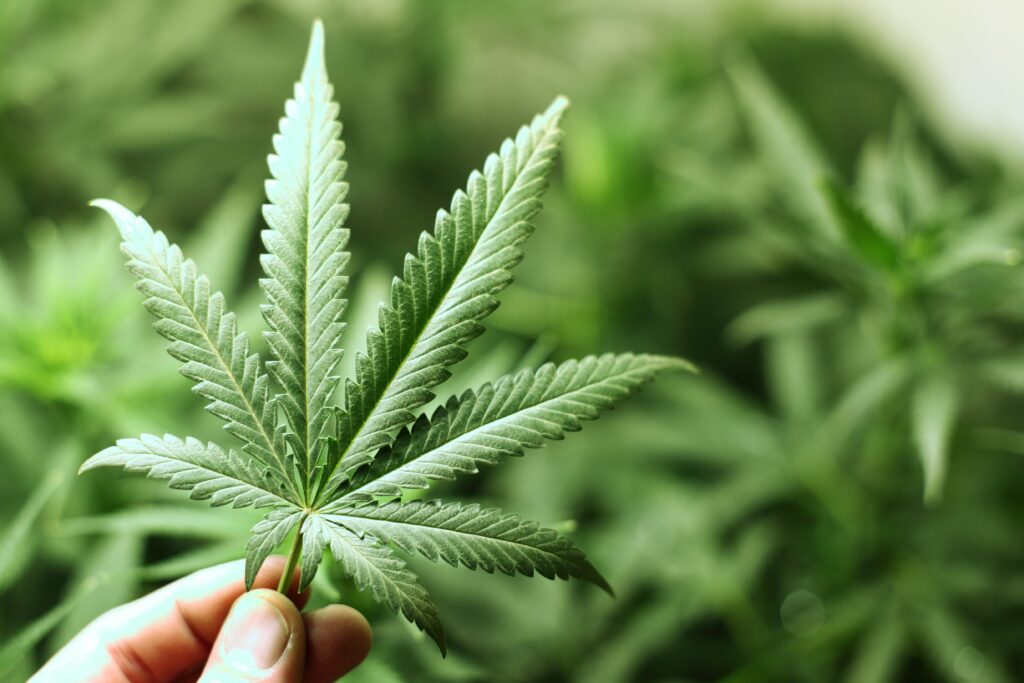
An outlier in a region noted for its tough stance on drugs, Thailand is removing marijuana from its narcotics list, allowing growers to cultivate plants at home and offload them commercially. Marijuana cultivation and possession in Thailand was decriminalized Thursday, like a dream come true for an aging generation of pot smokers who recall the kick the legendary Thai Stick variety delivered.
The stated intention of the country’s public health minister to distribute 1 million marijuana seedlings for cultivation has added to the impression that Thailand is turning into a weed wonderland.
But for the time being, would-be marijuana tourists will not be disappointed. Thailand has become the first nation in Asia to decriminalize marijuana.
“Cannabis will be as legal as garlic, as legal as basil, as legal as chili,” said Kitty Chopaka, an advocate for cannabis legalisation who runs a shop in Bangkok that sells terpene-infused gummies.
Thailand is seeking to make a splash in the market for medical marijuana, whose benefits are generally derived from other cannabinol chemicals the plant contains. Thailand already has a well developed medical tourism industry, and its climate is ideal for growing cannabis.
“We should know how to use cannabis,” Public Health Minister Anutin Charnvirakul, the country’s biggest marijuana booster, said recently. “If we have the right awareness, cannabis is like gold, something valuable, and should be promoted.”
The Thai Food and Drug Administration has removed marijuana and hemp from its Category 5 narcotics list, allowing cafes and restaurants across the country to serve cannabis-infused products that have no more than 0.2 percent tetrahydrocannabinol (THC), the plant’s main psychoactive compound.
The relaxing of restrictions comes with caveats. Officials in Thailand, where conviction for cannabis possession has carried a prison sentence of up to 15 years, have also maintained it must be consumed at home for health and medical reasons and not for recreational use. The Thai Food and Drug Administration has discussed the concept of a “cannabis sandbox”, which could allow people from Thailand and abroad to visit certain areas of the country where recreational use would be allowed.
Thailand’s marijuana liberalisation comes after it permitted the consumption of the drug in 2018 for medical and research reasons via appointed hospitals and clinics, becoming the first in south-east Asia to take that step. It further eased rules in 2020, allowing low-THC parts of the plants such as leaves, stems, stalks and roots to be cultivated by licensed growers and included in a burgeoning array of cannabis-related products such as drinks, food and cosmetics.
Cannabis growers have to register on a government app called PlookGanja (Grow Ganja).
Nearly 100,000 people have signed up to the app, said health ministry official Paisan Dankhum.
Suphamet Hetrakul, co-founder of Teera Group, which grows cannabis for medical use, said he was concerned about quality control among the many new cultivators.
“It will be hard to control the level of THC and other contaminants in their products and that could be dangerous for consumers,” Suphamet said.
The health ministry said it has approved 1,181 products, including cosmetics and food, containing cannabis extracts and it expects the industry to earn as much as 15 billion baht ($435.16m) by 2026.
